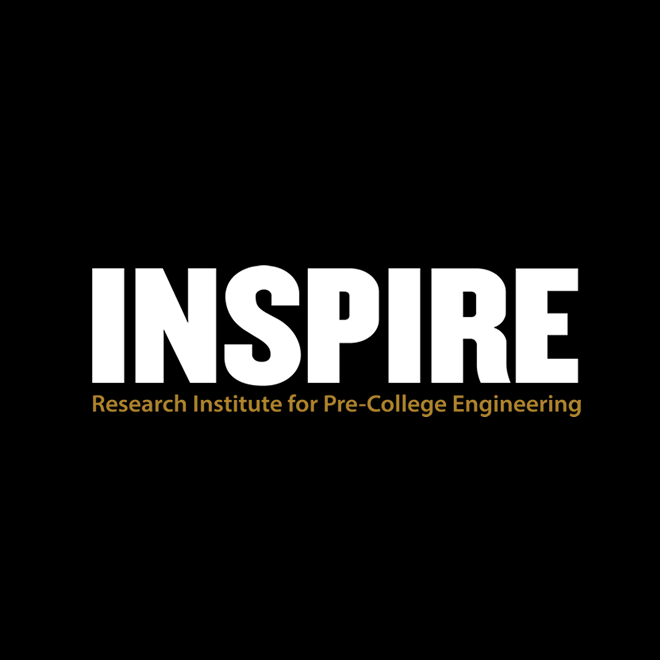Author ORCID Identifier
Dr. Clark: http://orcid.org/0000-0002-2214-2160
Dr. Kajfez: http://orcid.org/0000-0001-9745-1921
Abstract
Despite years of recruitment efforts, women remain significantly underrepresented throughout engineering. While research into precollege engineering education has expanded, it has primarily focused on formal learning settings, even though students spend significantly more time outside of the classroom. The COVID-19 pandemic changed everything, including the time spent outside of the classroom in informal environments. Specifically, programs had to evolve to provide online content and at-home activities. Some programs even shut down completely. Within this context, our study sought to understand the impact of one informal engineering learning experience, a Girl Scout engineering badge, which also shifted online due to the COVID-19 pandemic. Specifically, we examined the impact on middle school girls’ engineering identity development to understand how these experiences supported the development of an engineering identity. Before and after a Girl Scout engineering badge experience, 15 girls (grades 4–7) were interviewed about their knowledge and perception of engineering. The Draw-an-Engineer Test was used as a focal artifact, and we studied the girls’ engineering identity through the lens of Possible Selves Theory. The engineering badge activities were facilitated online. Completely virtual and hybrid meetings were employed allowing additional insight into how outcomes differ with delivery method. Most participants showed an increase in their understanding of engineering and some developed engineering possible selves. Through our work, we noted that informal engineering experiences can improve pre-college students’ understanding and perception of engineering; however, differences in program delivery, such as those caused by the pandemic, can have an impact. Therefore, significant additional research is needed to better understand the scope of the impact of informal programs particularly regarding how impacts differ across delivery modes and contexts. These discoveries can be used to shape evidence-based recommendations for impactful informal experiences.
Recommended Citation
Clark, A. M.,
&
Kajfez, R.
(2022).
The Impact of Girl Scout Engineering Experiences on the Identity Development of Middle Schoolers.
Journal of Pre-College Engineering Education Research (J-PEER), 12(2), Article 7.
https://doi.org/10.7771/2157-9288.1346


